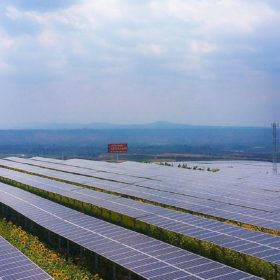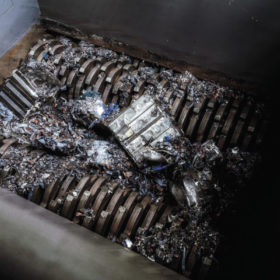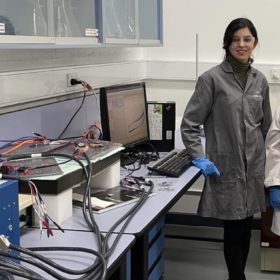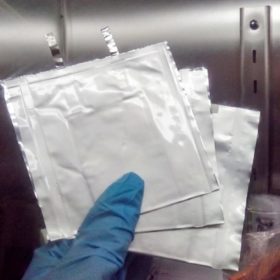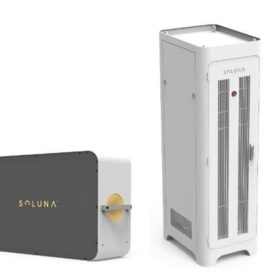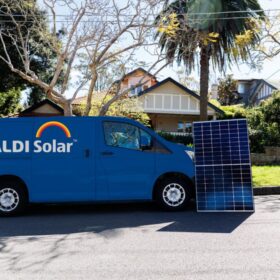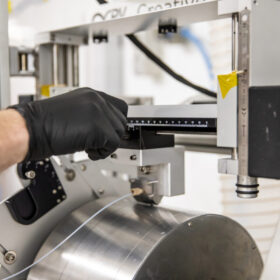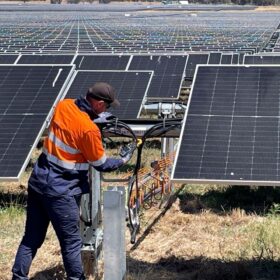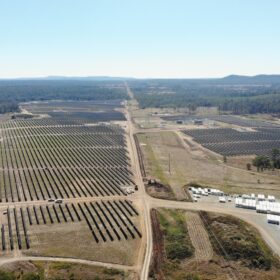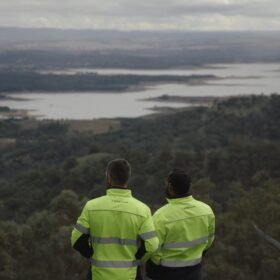Emissions-free battery recycling facility will use electricity rather than smelting
ACE Green Recycling has announced plans to build a new plant in Texas to recycle both lead-acid and lithium-ion batteries.
Saturday read: Battery recycling and material uncertainty
Lithium-ion batteries remain the front-runner to power EVs, but without clearer recycling plans from the European Union and the United States, the balance isn’t yet tipped away from heavy mining of new materials to focus on supplying industry needs, writes Ian Morse.
Melbourne PhD students pioneering new method of recycling li-ion batteries
Three PhD students from Melbourne are moving their research into recycling lithium-ion batteries from the labs into pitch meetings, vying to become one of the first companies in Australia to recover the metals and minerals from spent batteries. Their method, they say, is simpler, less toxic and more cost competitive than those widely used.
Researchers discover new method to make old lithium batteries new
Scientists investigating the aging mechanisms affecting today’s lithium-ion batteries observed that the loss of lithium over time is one of the main causes of performance loss. With this in mind, they developed and tested a “relithiation” process that promises to eliminate much of the cost and complexity from recycling battery components and materials.
New battery brand enters Australian market with plans for local recycling
The first commercial shipment of China-made Soluna batteries has reached the Australian shores. The new battery brand will be sold locally by a joint venture between Lithium Australia and China’s DLG Group.
